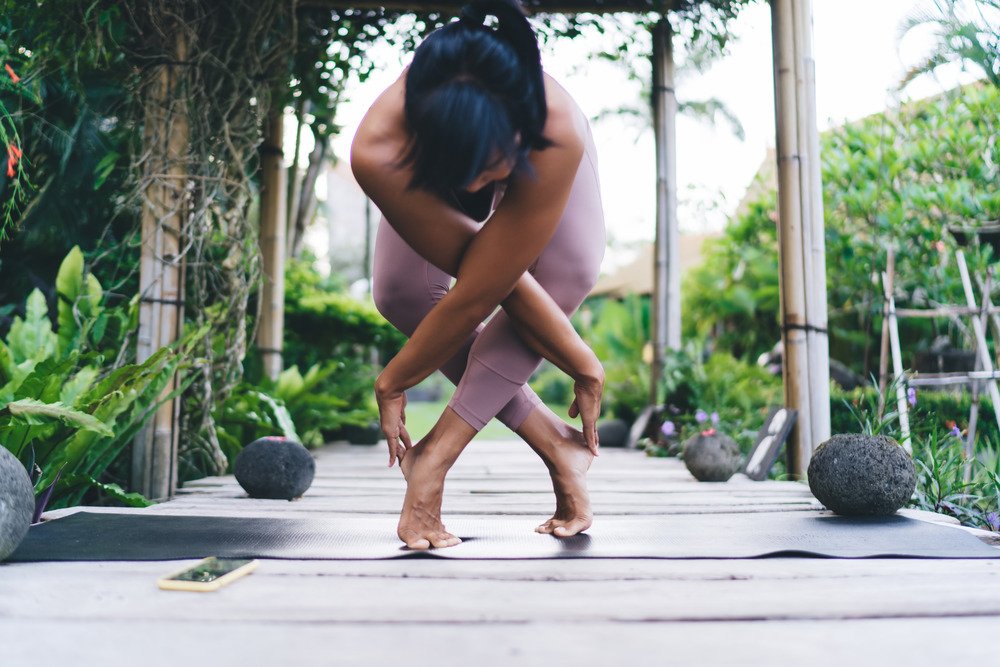Psoriasis, a chronic autoimmune condition characterized by red, scaly patches on the skin, affects millions worldwide. Beyond its physical manifestations, psoriasis can also impact emotional well-being due to its visibility and chronic nature.
This unsightly recurrent skin disorder is the cutaneous manifestation of a more deep set psychosocial disturbance. An improper, devitalized diet high in carbohydrates, faulty utilization of days and excess cholesterol in the skin and blood are also contributing factors. No lasting cure for psoriasis exists in medical science, but yogic practices frequently enable an earnest individual to realize and evolve beyond the root cause of this disease. Under the guidance of an expert yoga instructor practice yogic sadhanas. Expose the affected areas to direct sunlight everyday, and try to bathe these areas in salty seawater as often as possible.
*Understanding Psoriasis and Its Challenges*
Psoriasis occurs when the immune system mistakenly attacks healthy skin cells, causing rapid turnover of cells and the formation of plaques. These plaques can appear on any part of the body, often accompanied by itching, pain, and in severe cases, joint inflammation (psoriatic arthritis). Managing psoriasis typically involves topical treatments, phototherapy, and systemic medications, tailored to each individual’s symptoms and severity.
*The Role of Yoga in Psoriasis Management*
Yoga, an ancient practice originating from India, combines physical postures, controlled breathing, and meditation. Its holistic approach addresses both the physical and mental aspects of health, making it particularly beneficial for individuals with chronic conditions like psoriasis.
1. *Stress Reduction:* Stress is a known trigger for psoriasis flare-ups. Yoga’s emphasis on relaxation techniques, such as deep breathing (pranayama) and meditation, can help reduce stress levels. By calming the mind and promoting a sense of inner peace, yoga can potentially decrease the frequency and severity of flare-ups.
2. *Improving Flexibility and Circulation:* Psoriasis can limit joint mobility, especially in cases involving psoriatic arthritis. Yoga postures (asanas) gently stretch and strengthen muscles and joints, improving flexibility and circulation. This increased blood flow can nourish skin cells and aid in the healing process of psoriatic plaques.
3. *Boosting Immune Function:* Certain yoga practices, particularly those involving twisting poses, can stimulate the lymphatic system. This helps in detoxification and supports immune function, potentially reducing inflammation associated with psoriasis.
4. *Enhancing Body Awareness:* Yoga encourages mindfulness and body awareness, helping individuals become more attuned to their physical sensations and emotional states. This heightened awareness can empower individuals to recognize early signs of a flare-up and take proactive measures to manage symptoms.
5. *Supporting Overall Well-being:* Beyond physical benefits, yoga promotes a sense of well-being and resilience. Regular practice can improve sleep quality, enhance mood, and foster a positive outlook, all of which are crucial in coping with the challenges of living with psoriasis.
*Incorporating Yoga into Your Psoriasis Management Plan*
Before starting any new exercise regimen, including yoga, it’s essential to consult with your healthcare provider, especially if you have joint pain or other medical conditions. Once cleared, consider these tips for integrating yoga into your daily routine:
– *Practice Consistently:* Aim for regular practice, even if it’s just a few minutes each day. Consistency is key to experiencing the cumulative benefits of yoga.
– *Combine with Other Therapies:* Yoga complements traditional medical treatments for psoriasis. Continue with prescribed medications and therapies while using yoga as a supportive tool.
*Conclusion*
Yoga offers a holistic approach to managing psoriasis by addressing both physical symptoms and emotional well-being. Through stress reduction, improved flexibility, enhanced immune function, and overall well-being, yoga empowers individuals to take an active role in their health. By integrating yoga into your daily routine, you can cultivate a sense of balance and resilience, enhancing your journey towards managing psoriasis effectively.
Embrace the healing power of yoga and discover how it can contribute to your overall health and well-being, alongside your psoriasis treatment plan. With dedication and mindfulness, yoga can be a valuable tool in achieving a more balanced and fulfilling life with psoriasis.
Remember, every journey is unique. Find what works best for you, and approach your psoriasis management with patience, compassion, and self-care.



